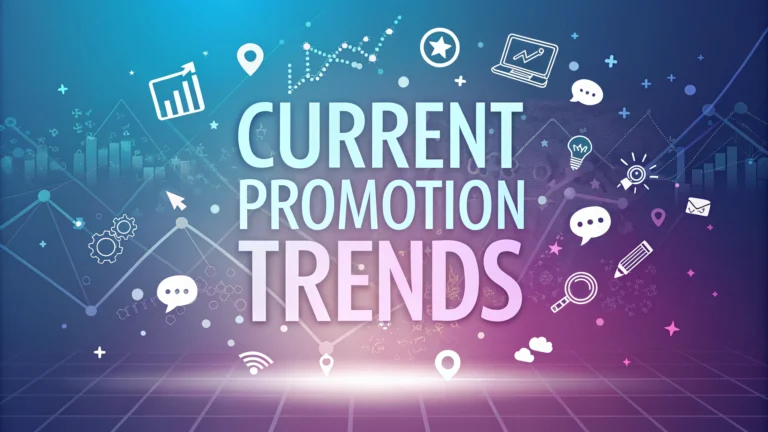The digital marketing landscape is transforming at lightning speed, with emerging technologies and consumer behaviors reshaping how websites attract and engage audiences. By 2025, traditional marketing strategies will become obsolete, replaced by intelligent, data-driven approaches that prioritize personalization, authenticity, and user experience.
1. AI-Powered Personalization Strategies
Artificial intelligence is revolutionizing website personalization, enabling marketers to create hyper-targeted experiences that dramatically increase engagement and conversion rates. Machine learning algorithms now analyze user behavior in real-time, dynamically adjusting content, recommendations, and user interfaces.
Key AI Personalization Techniques:
- Predictive Content Recommendation
- Dynamic User Segmentation
- Real-Time Experience Optimization
Businesses leveraging advanced AI personalization can expect up to 300% higher conversion rates compared to traditional marketing approaches. The key lies in understanding individual user preferences and delivering precisely what each visitor seeks.
2. Video Content Marketing Evolution
Short-form video content continues to dominate digital marketing strategies, with platforms like TikTok, Instagram Reels, and YouTube Shorts driving unprecedented user engagement. Brands must adapt by creating authentic, mobile-friendly video experiences that tell compelling stories in seconds.
Video Marketing Best Practices:
- 60-90 Second Storytelling
- Mobile-First Production
- Interactive Video Elements
Successful video marketing in 2025 requires understanding micro-moments – capturing audience attention through concise, emotionally resonant content that provides immediate value.
3. Privacy-First Marketing Strategies
With increasing data protection regulations and user privacy concerns, marketers must reimagine data collection and targeting strategies. First-party data and transparent consent mechanisms will become the new standard for building consumer trust.
Privacy Marketing Considerations:
| Strategy | Implementation |
|---|---|
| Consent Management | Clear, granular user controls |
| Data Transparency | Explicit communication about data usage |
Organizations prioritizing ethical data practices will gain significant competitive advantages in building long-term customer relationships.
4. Conversational Marketing Revolution
Chatbots and conversational interfaces are transforming customer interactions, providing instant, personalized support across multiple digital touchpoints. Advanced natural language processing enables more human-like, context-aware interactions.
Conversational Marketing Technologies:
- AI-Powered Chatbots
- Voice Search Optimization
- Integrated Messaging Platforms
Companies implementing sophisticated conversational marketing can reduce customer service costs while simultaneously improving user satisfaction and engagement.

